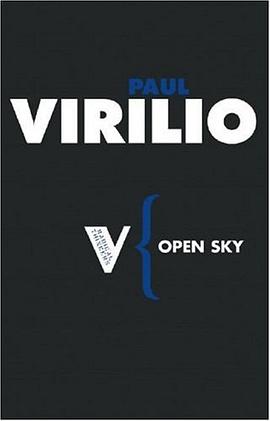The Vision Machine (Perspectives) 豆瓣
作者:
Paul Virilio
Indiana University Press
1994
- 8
"Virilio offers a cool, precise look at an impending future in which reality shall simply cease to exist. Highly recommended." -- ChoiceSurveying art history as well as the technologies of war and urban planning, one of France's leading intellectuals provides an introduction to a new "logistics of the image."



